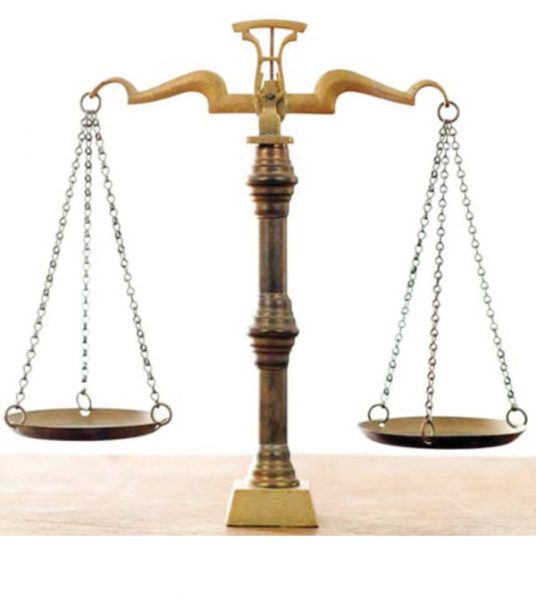A defamation matter is defined in section 373 of the criminal code as a matter likely to injure the reputation of any person by exposing him to hatred, contempt or ridicule, or likely to damage any person in his profession or trade by injury to his reputation. Such matter may be expressed in spoken words or in words legibly marked on any substance whatever, or by any sign or object signifying such matter otherwise than by words and may be expressed either directly or by insinuation or irony. It is immaterial whether at the time of the publication of the defamatory matter, the person concerning whom such matter is published is living or dead.
To impute immoral or obscene conduct to a person is defamatory of that person. To allege that he is a thief or to impute to him the commission of any offence is also defamatory. To allege that a person has planned to kill some named persons is defamatory. It seems that merely to publish that one owes money is not defamatory; though if an inability to repay is implied it becomes defamatory.
DEFAMATION OF THE DEAD
It is important to note that an offence may be committed where defamatory matter is published concerning a dead person, though in this case no prosecution can be instituted without the consent of the Attorney-General of the Federation. Merely to defame a dead person, it appears, is no crime. If it were so the conduct of the dead would not be brought into question and it would be difficult to write history.
However, a publication concerning a dead person may be defamatory of his living relatives. And if a dead person is defamed with a view to bring his living relatives into hatred, contempt or ridicule, an offence is committed. It was said in R v Ensor that: “The dead have no rights and can suffer no wrongs. The living alone can be the subject of legal protection, and the law of libel is intended to protect them, not against every writing which gives pain, but against writings holding them up individually to hatred, contempt, or ridicule. This, no doubt, may be done in every variety of way. It is possible, under the mask of attacking a dead man, to attack a living one … if the object appeared clearly to be to bring the living into contempt, it would amount to defamation.”
The intent to injure the family must be proved and it must be proved that there is a living member of the family of the deceased whose reputation may have been injured by the publication.
DEFAMATION OF A CLASS
Section 18(1) of the interpretation act provides that the word “person” includes any company or association or body of persons corporate or unincorporated. It follows from this that the offence of defamation can be committed where a class of persons is defamed provided, of course, that the class is definite. A corporation can also be object of defamation.
PUNISHMENT
Any person who publishes any defamatory matter is guilty of a misdemeanour and is liable to imprisonment for one year, and any person who publishes any defamatory matter knowing it to be false is liable to imprisonment for two years. If a person is charged with publishing a defamatory matter knowing it to be false it must be proved that he knew it to be false, but an exaggeration may be so gross as to amount to a false statement. If it cannot be proved that the accused knew it to be false, he may be convicted merely of publishing defamatory matter.
About the Writer: Evans Ufeli is a lawyer and the author of acclaimed novel, ‘Without Face’. He is also an Alumni member of the Writers Bureau, Manchester, a highly sought-after conference speaker with a passion for the concept of change. He lives in Victoria Island, Lagos. You can contact him via Facebook: Evans Ufeli, Email: [email protected], Twitter: @Evansufeli and Phone: 08037712353. He blogs atwww.ethicsafrica4u.wordpress.com.


